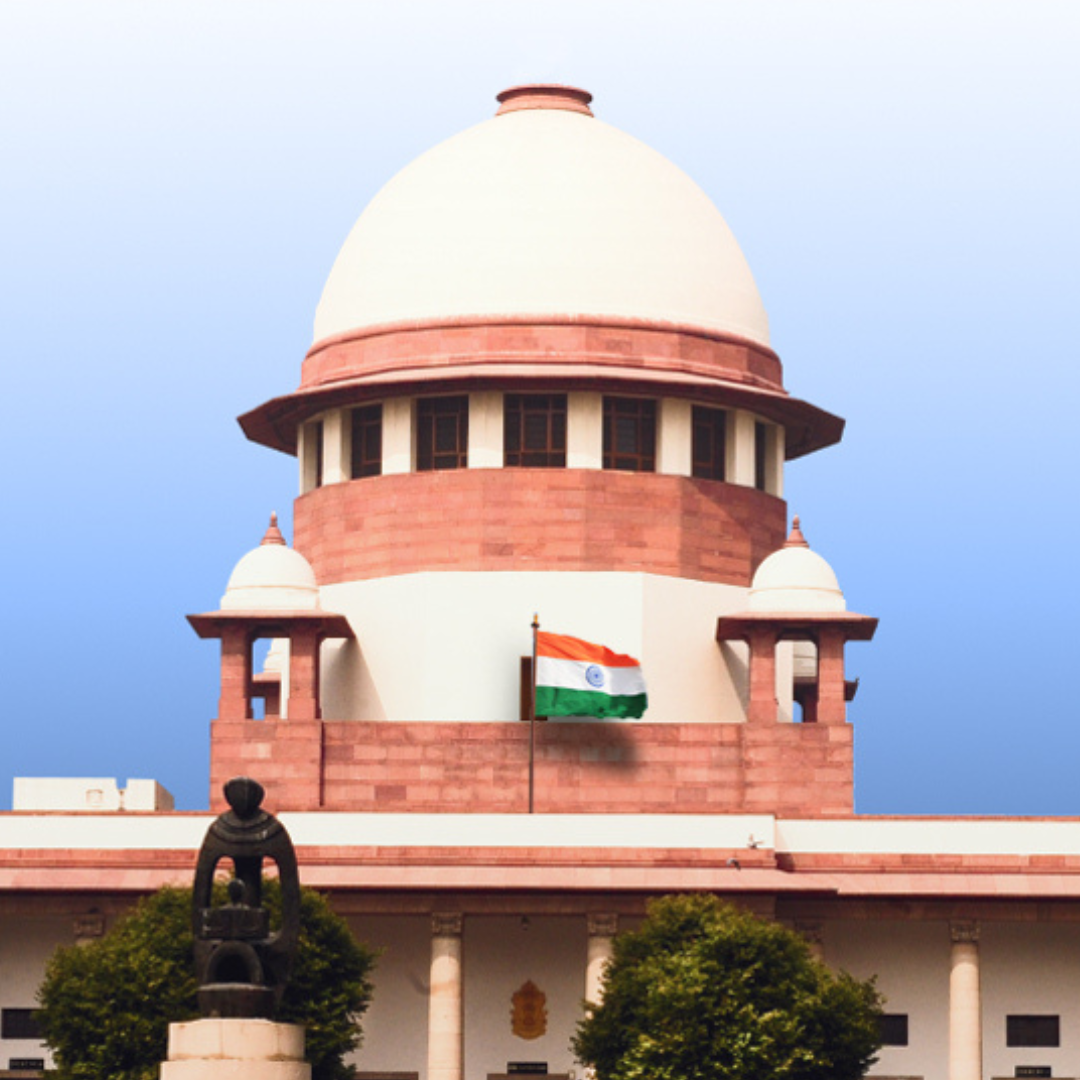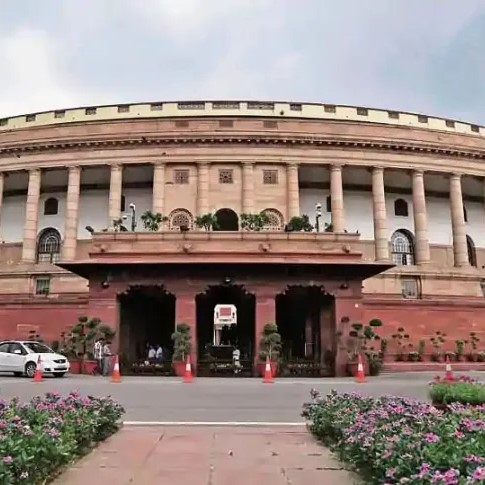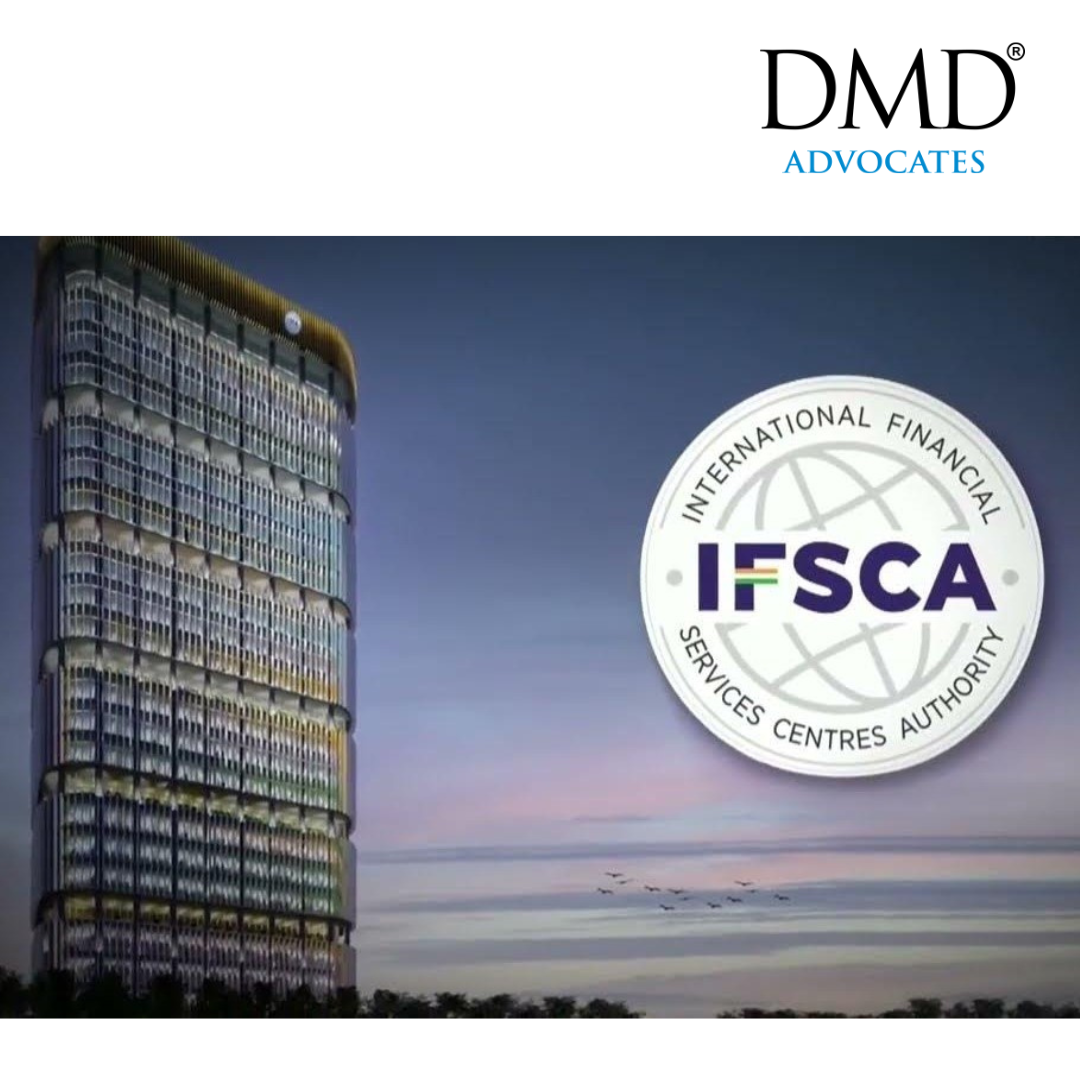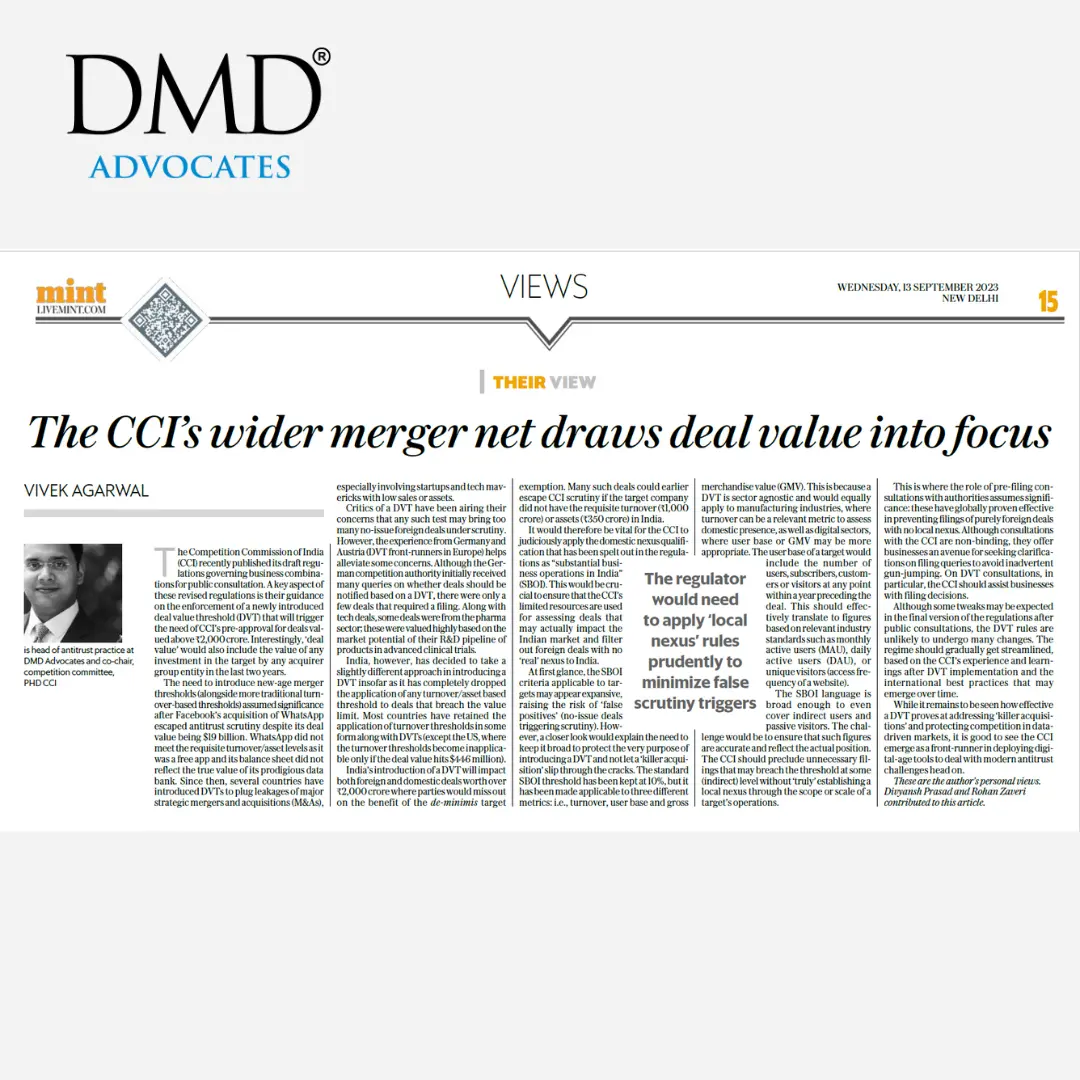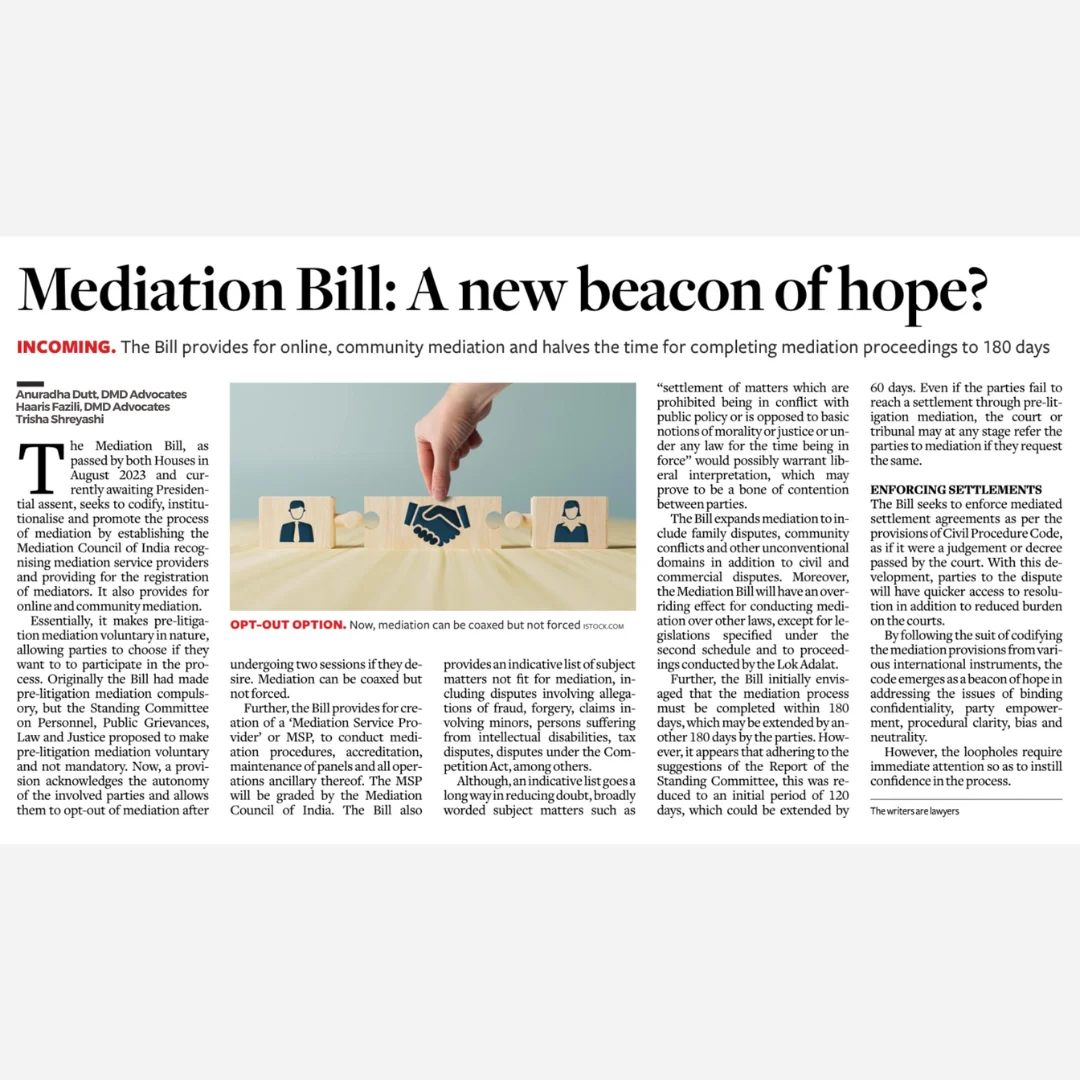Publications
We’re a Step Closer to an Overhaul of our Competition Law
15 Dec 2022
- DMD
- Article
The Standing Committee on Finance recently tabled its report on the Competition (Amendment) Bill, 2022, in the Lok Sabha. The committee was directed to review the bill and submit its report within a short period of three months. It invited suggestions from various stakeholders—including industry bodies, lawyers and economists—on the bill and discussed them with the Competition Commission of India (CCI) as well as various government ministries. Based on these deliberations, the committee identified nine key areas and has offered recommendations on eight of them. The bill, along with these recommendations, is likely to come up for discussion before lawmakers in Parliament during the Budget Session.
Deal value threshold for CCI filings: One of the bill’s key proposals was the introduction of a deal value-based threshold. Currently, a deal triggers the CCI filing requirement when certain thresholds based on parties’ turnover/assets are met. In addition to the parties’ test, the bill proposed a mandatory CCI filing requirement for all deals valued above ₹2,000 crore, provided any party to such a deal has substantial business operations in India (a ‘local nexus’ requirement, that is).
However, there was no clarity on how the deal value would be calculated (especially in part/no cash deals) and what nature and quantum of a local nexus could trigger a filing. Many found this threshold too low and apprehended that it would catch deals unlikely to raise any competition issue. Although the committee made no recommendation to raise this threshold, it suggested that the local nexus requirement should apply to a target and not to an acquirer. However, as of now, the manner of calculation of a deal’s value and guidance on the nature/quantum of the local nexus has been left to the CCI to decide through its regulations.
The Standing Committee on Finance has also approved the standard required for establishment of “control” over a target to be the ability to exercise “material influence”. However, for more certainty, it has recommended that the CCI must specify what would constitute “material influence” through its regulations. This could include guidance on the level of shareholding, special rights, board representation, structural/financial linkages and other arrangements required to breach the material-influence threshold.
On the CCI approval timelines, the standing committee rejected the proposal to make them more aggressive, and suggested sticking with the current timelines, which are more realistic.
Settlement of cartel cases: To ensure faster market corrections and to save resources, the bill had proposed a mechanism to settle certain ongoing CCI cases. The committee has now proposed to expand the scope of the settlement mechanism to include cartels. The bill had excluded cartels because these are considered the most pernicious violation of competition law and there already exists a leniency regime for whistle-blowers who are willing to cooperate with the CCI. Any additional settlement procedure could send out a wrong signal, especially to serial cartellists.
While the committee suggested that admission of guilt may not be mandatory for settlements, it allowed the provision of compensation for consumers affected by a cartel. Interestingly, under the current regime, compensation provisions kick in only when the CCI finds an entity guilty. The committee also made it clear that parties would have the option to withdraw from the procedure if there is no agreement with the CCI on settlement terms, and in case of non-agreement, parties may even appeal the CCI order. A key driver of settlements is reduced litigation and settling parties will therefore not be allowed to appeal the settlement order (as the terms would already be agreed with the CCI).
The standing committee on finance also made certain recommendations on: (i) limiting the scope of hub-and-spoke cartels to exclude those who did not intend to actively participate in the furtherance of a cartel, such as online platforms acting only as intermediaries or entities merely facilitating the organization of meetings; (ii) not raiding or recording statements under oath made by external legal counsels or independent advocates, which would compromise the principle of attorney-client privilege; (iii) using the rule-of-reason (instead of ‘per se’) approach to assess an abuse of a dominant position; and (iv) allowing a dominant company to impose reasonable conditions necessary to protect its intellectual property rights. On the issue of a judicial member being a necessity at the CCI, the committee did not make any comment, as the matter is currently pending before the Supreme Court.
I believe that the proposed amendments are still up for more fine-tuning before they become law. Although the standing committee’s recommendations are in the right direction and do iron out some kinks, a lot still depends on CCI regulations, which are expected to flesh out the details. No doubt, its endeavour would be to avoid a devil in the details.
Divyansh Prasad, an associate at DMD Advocates, contributed to this article. These are the author’s personal views.
Vivek Agarwal is partner, DMD Advocates and co-chair, Competition Committee, PHDCCI.



